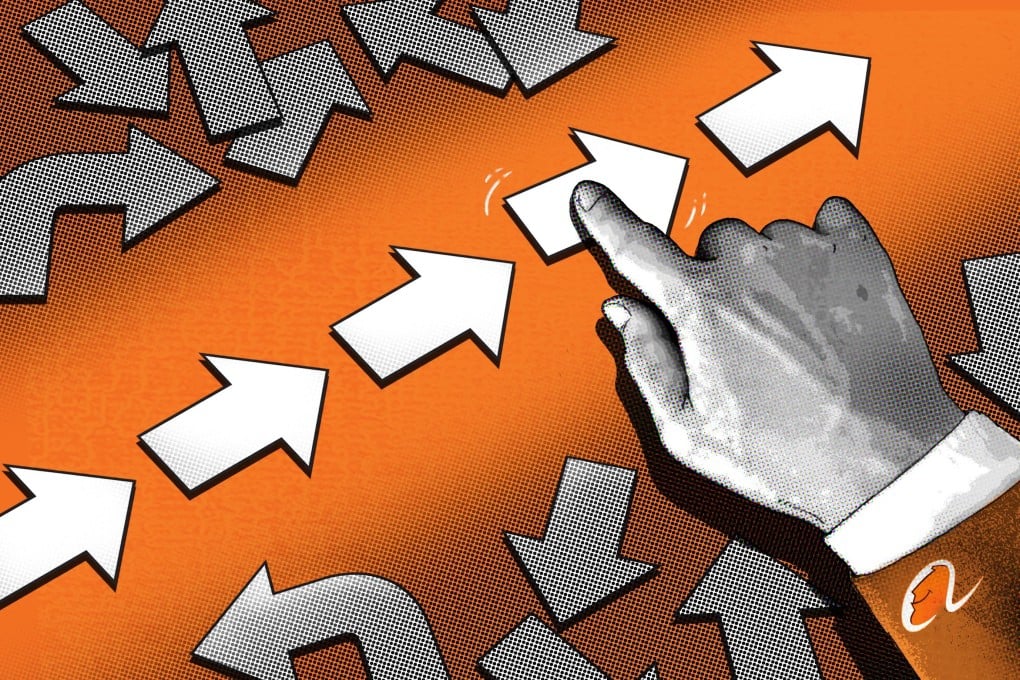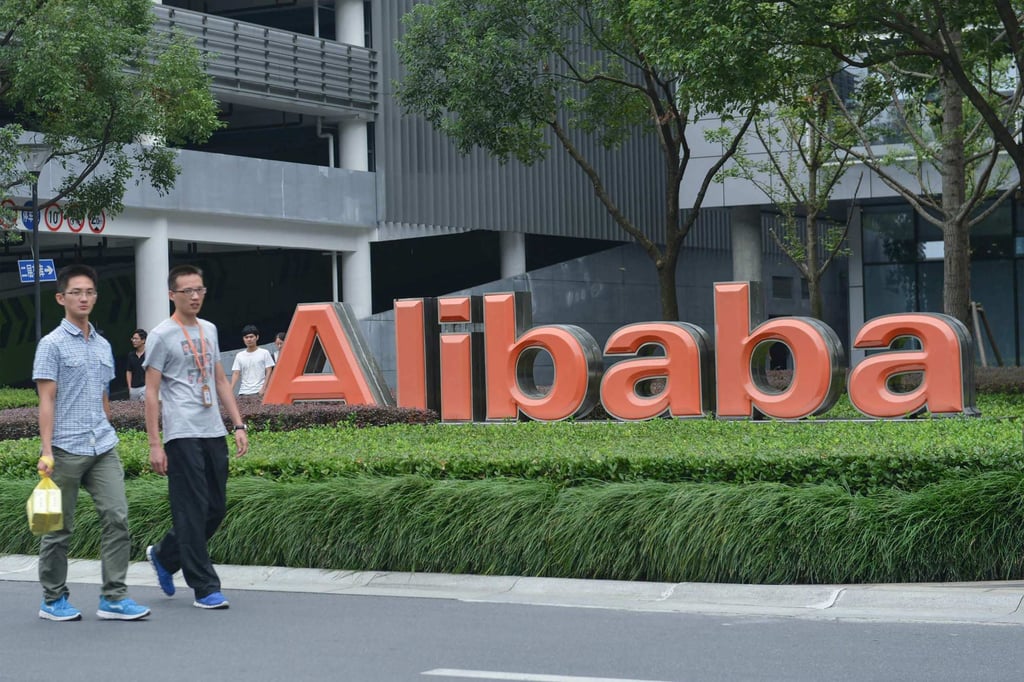Alibaba, navigating sea change, reorients business towards bread-and-butter e-commerce and AI, pares down overhaul
- Alibaba has made dramatic changes to its corporate restructuring plan as founders Jack Ma and Joe Tsai return to the driver’s seat
- The e-commerce giant is betting on improved shopping experiences, artificial intelligence and a strengthened overseas push to regain momentum

But Alibaba’s “new retailing” vision of synergising online and offline shopping never took off. Three and a half years later, the acquired stake has lost 80 per cent of its value, based on Sun Art’s recent share price. The asset has also become a heavy burden with its falling revenues and a vast payroll of 100,000 employees.
The Sun Art deal was just part of the price Alibaba has paid for its ambitious expansion since its secondary listing in Hong Kong in 2019. Since then, the Hangzhou-based e-commerce giant has been scrambling to find its footing amid key leadership changes, abandoned plans and the meteoric rise of a younger rival.
By March 2023, Alibaba had lost three quarters of its value from the peak in October 2020, as the e-commerce giant, once seen as China’s answer to Amazon.com, faces questions on whether it can recapture its former glory while dealing with China’s economic slowdown, regulatory scrutiny and fierce competition from old and new rivals.
